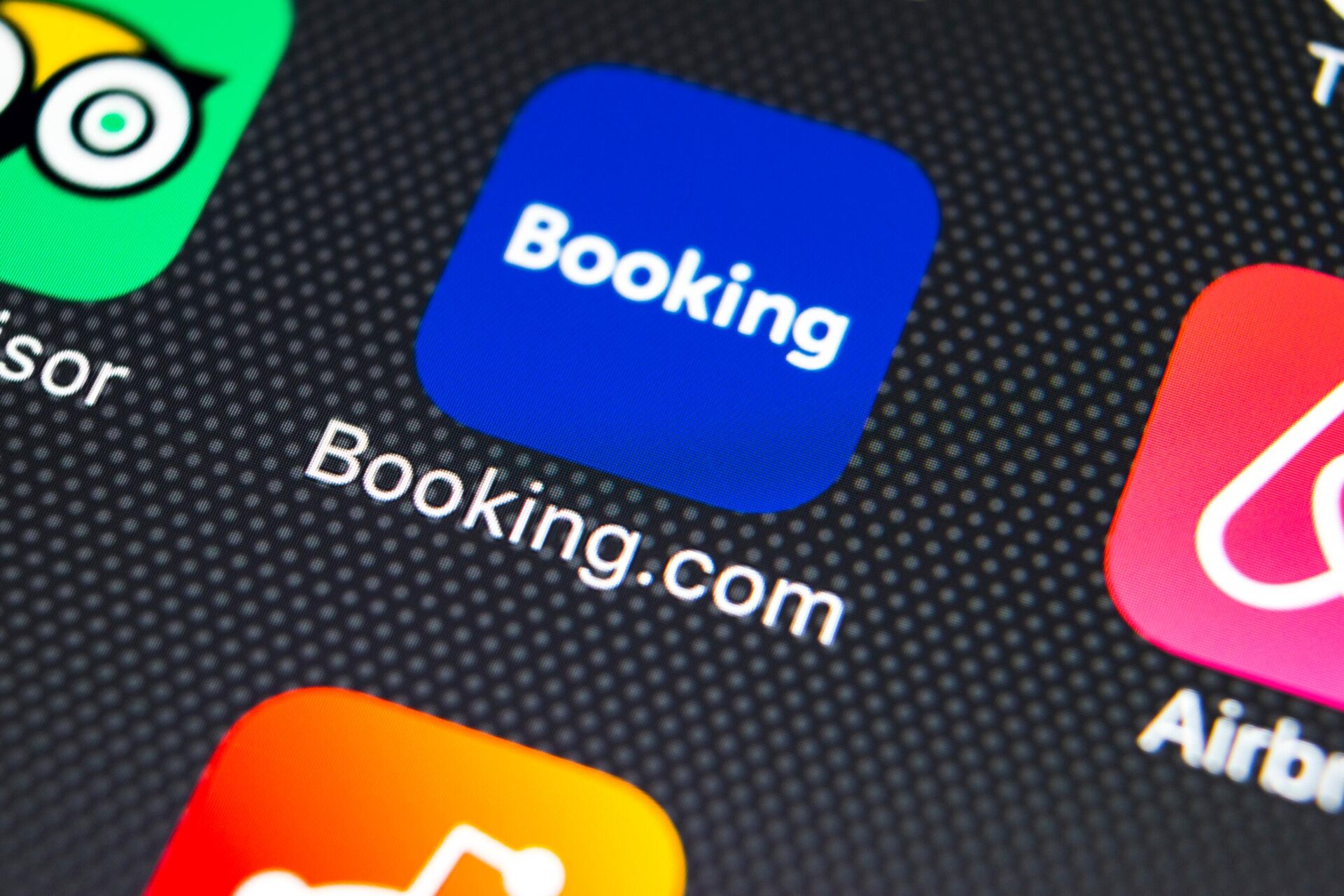A global survey by Booking.com found that 90% of those who booked tour products and services for June, July and August relied on “flexible rates.” What began as a temporary response to the uncertainty surrounding the pandemic has now become one of the pillars of a new reality in the travel industry.
In March 2020, at the start of the pandemic, the industry realized that the service offering could not look the way it used to. Tourism was completely paralyzed and canceled flights became a second business reality: a truly unprecedented situation in the industry.
It didn’t take long for market participants to realize that the solution cannot be private and that rebuilding will require a collaborative effort. As a result, uncertainty has become part of the new normal for the travel industry.
Realities hit even harder when travel policies and restrictions began to change week after week, then day after day, and sometimes even for an hour. It was then that everyone agreed that the tariff proposal should be flexible, otherwise travel would hardly be possible at all. Millions and millions of passengers have found themselves stranded around the world, and thousands and thousands of relocated flights have become an experience for business, and even more so for the travelers themselves.
What started out as a trend has now become the norm. Almost no passenger currently books a trip without a flexible fare, that is, without the ability to make changes to the dates and times of the flight without additional costs in the event that either party cannot fulfill the contract.
A global survey (of 28,000 people from 28 countries planning to travel over the next 12 months) found that 90% of passengers who booked for June, July and August did so relying on flexible fares.
The results showed that consumers ‘preference for this flexibility is’ noteworthy ‘given that’ booking windows still vary globally, but for example in Western Europe, companies see a longer booking window compared to 2019, in part due to summer preferences of European travelers ”.
Tourists from all over the world want to travel, and even talk about the phenomenon of “retaliation travel”: a surge in travel after such a long stay in quarantine. Even so, it will require some guarantees, and flexibility seems to be an effective strategy for doing this. Of course, the proposal must also consider prices and availability, and make the most of the technology.
Ultimately, all of this is to rebuild an industry that the results show is starting to see a “light at the end of the tunnel” – although the recovery is admittedly slow, it also claims that more than a third of searches are in June, July and August, and the numbers about the same as in 2019.
The survey also shows that 71% of accommodation providers are wary of the future of business, while 62% expect an increase in travel in 2021, which is low considering how difficult 2020 has been for the industry. The same can be said for demand, 66% of travelers are optimistic about the opportunity to travel.
After all, there is reason for this optimism. In addition to massive vaccination campaigns around the world and the gradual reopening of major inbound and outbound markets, travel is becoming longer: 45% of those surveyed said they had accumulated vacation days from last year that could secure reservations of 7 days or more.

